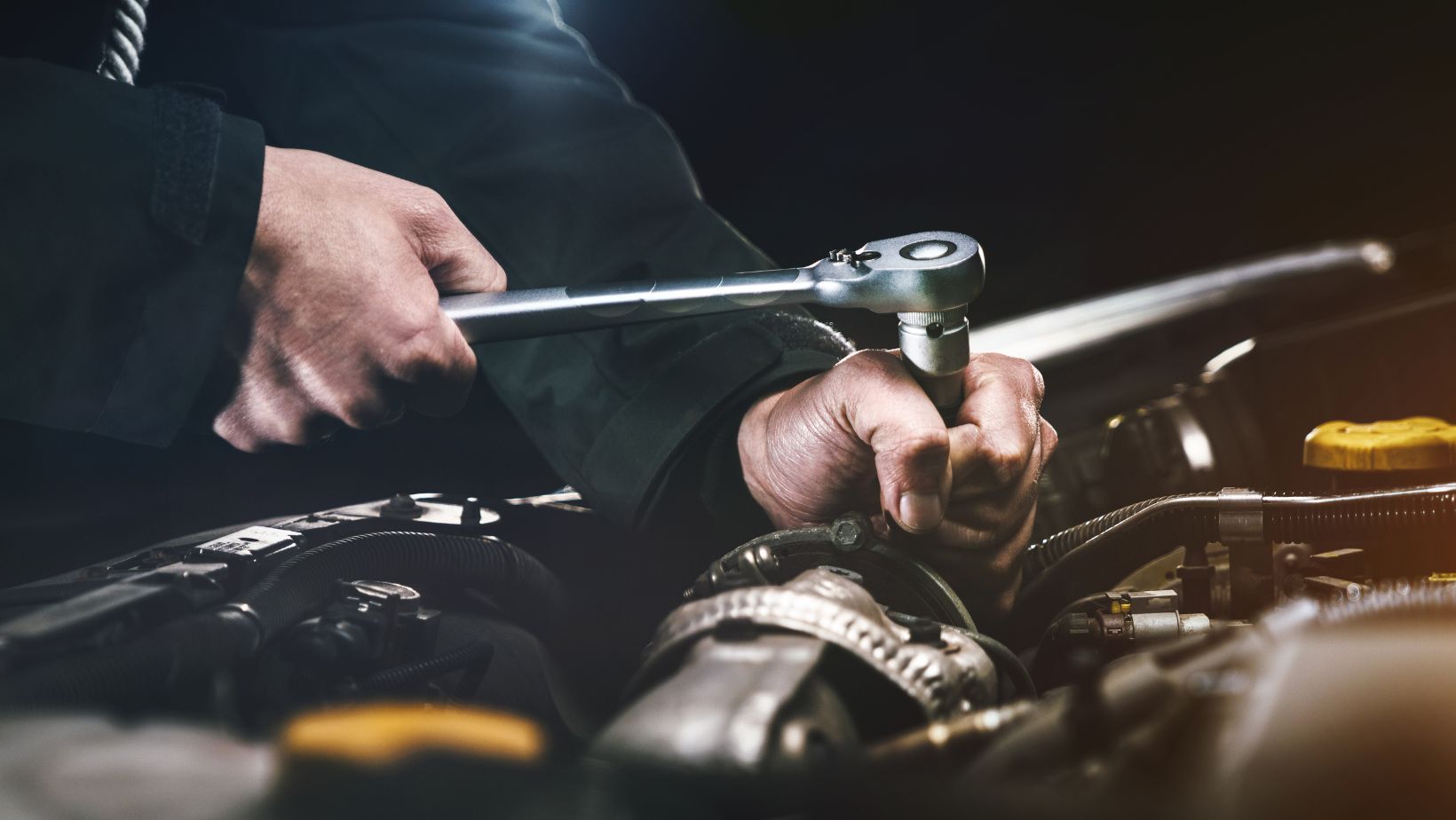
At Home Car Repairs How I Saved Hundreds of Dollars Doing It Myself
As a car owner, dealing with unexpected vehicle repairs can be expensive and time-consuming. However, not all repairs require a trip to the mechanic. With some know-how, many minor car repairs can be done at home, saving time and money.
From changing a flat tire to replacing brake pads, at-home car repairs can be a great way to keep your vehicle in top shape without breaking the bank. Not only do DIY repairs save you money on labor expenses, but they also give you a sense of satisfaction knowing that you can fix simple issues on your own. Plus, with the abundance of online tutorials and forums, it’s easier than ever to learn how to perform basic car repairs in the comfort of your garage or driveway.
At Home Car Repairs
As a car owner, being able to perform at-home car repairs can save you time and money. However, having the right tools to avoid costly mistakes and safety hazards is essential. Here are some of the vital tools you’ll need for at-home car repairs:
1. Socket Set and Wrenches
A socket set and wrenches are essential for any at-home car repairs. With a range of metric and standard sizes, you’ll have the right tools to tackle most car repairs. You’ll need deep and shallow sockets to handle different types of bolts and an adjustable wrench for bolts that are difficult to reach.
2. Jack Stands and a Floor Jack
Performing repairs under your car can be dangerous without the right equipment. A floor jack and jack stands are crucial for safely lifting and securing your vehicle during repairs. A sturdy floor jack can lift heavy loads, while jack stands to provide a secure base for your car.
3. Screwdrivers and Pliers
Screwdrivers and pliers are handy for various repairs, from changing the oil to replacing brake pads. You’ll want a set of screwdrivers with both flathead and Phillips’s heads and a pair of pliers for holding and twisting parts.

4. Multimeter
A multimeter is a versatile tool that can help you diagnose electrical issues in your car. From testing fuses to measuring voltage, a multimeter can save you time and money by allowing you to pinpoint problems quickly.
5. Oil Filter Wrench and Funnel
Performing oil changes at home can be a great way to save money, but you’ll need the right tools to do it properly. An oil filter wrench makes removing and replacing oil filters easy, while a funnel helps prevent spills during the oil change.
Step-by-Step Guide to At-Home Car Repairs
Are you tired of spending money on car repairs and waiting days for the job to be done? Why not give at-home car repairs a try? You can fix minor car issues yourself with the right tools and know-how. Here is a step-by-step guide to help you get started:
1. Identify the problem – The first step to fixing a problem is identifying it. Listen for odd noises, feel for vibrations or abnormal sensations while driving, and try to identify any leaks or other issues. Once you know the problem, you can move on to finding a solution.
2. Consult your car manual – Before you start disassembling things, consult your car manual to understand the issue and locate the affected areas.
3. Gather the necessary tools – Once you know what needs fixing, ensure you have the proper tools before starting the repair. This will save you time and frustration down the line.
4. Follow instructions – Always follow the manufacturer’s instructions and take the necessary safety precautions when attempting a repair.
5. Take it one step at a time – Don’t try to fix everything at a time. Work one step at a time to avoid further damage and keep things manageable.
6. Test your repairs – Once you’re done fixing the issue, test your repairs by taking your car for a test drive. This will help you ensure that the problem has been fully resolved.
While at-home car repairs can be affordable and satisfying to keep your car in good condition, some repairs should be left to the professionals. If you need more clarification or are uncomfortable with a repair, seek professional help.
